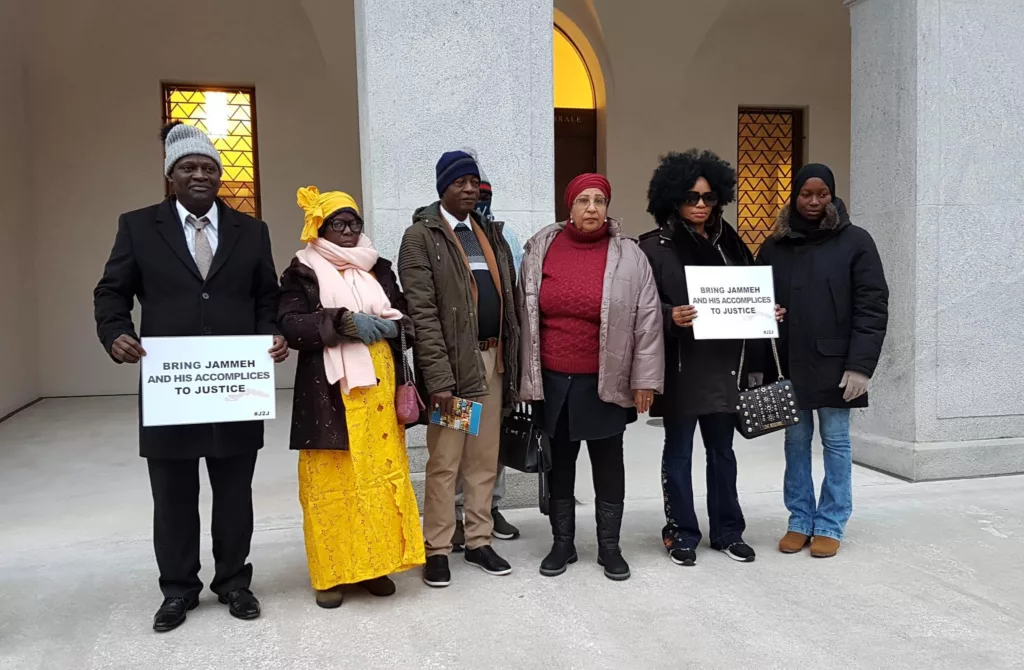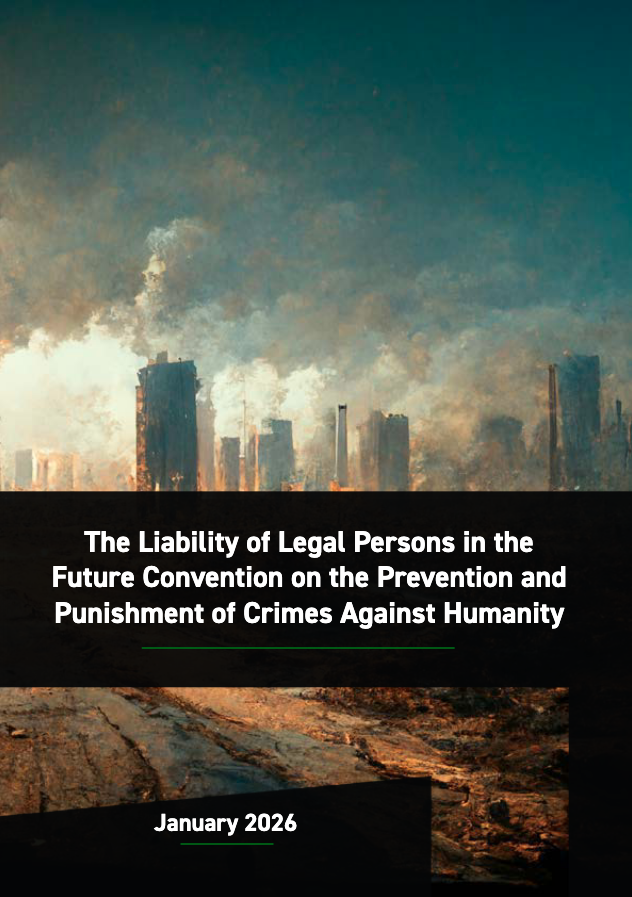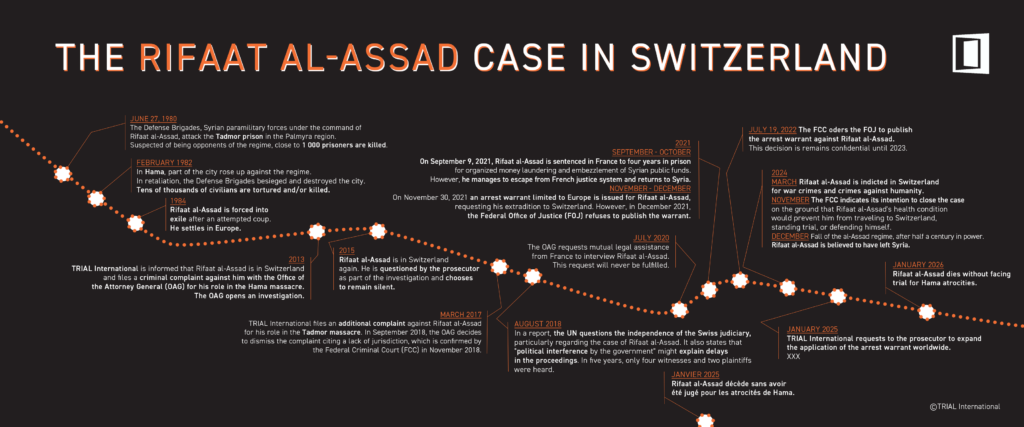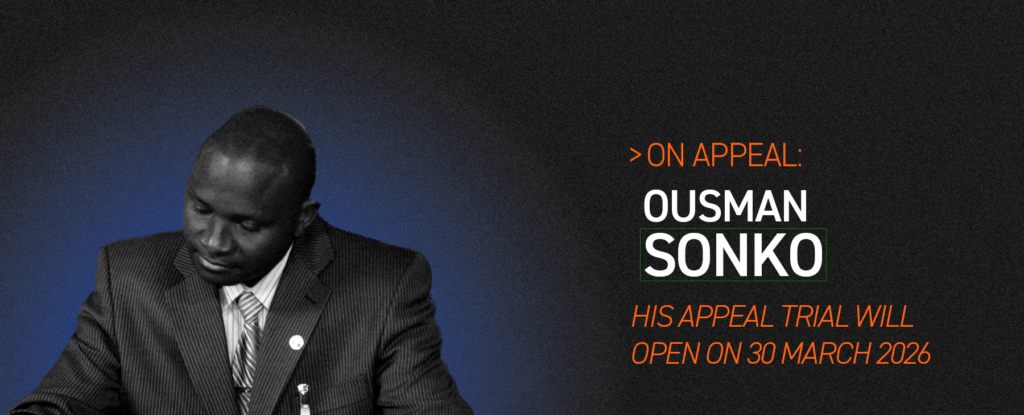“We had a chance to bring meaningful justice to the victims”
The Prosecutor of the International Criminal Tribunal for the former Yugoslavia (ICTY) met with TRIAL International during a visit to Sarajevo. On that occasion, our Bosnia-based staff asked him a few questions.
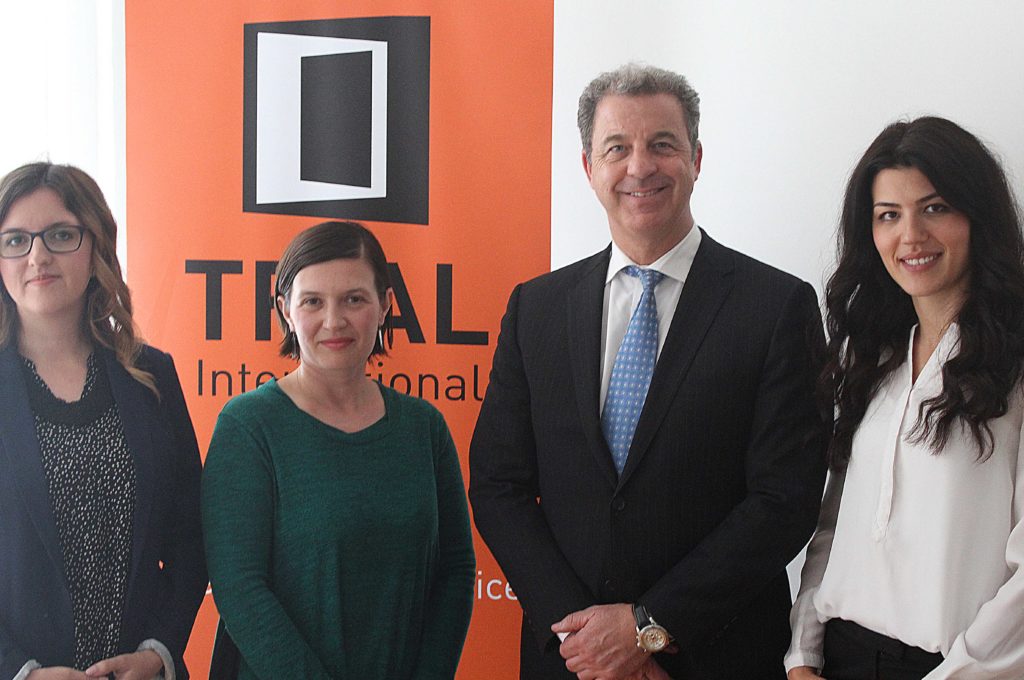
Could you share one or two milestones and challenges of your journey?
Among the most significant challenges of my time as ICTY Prosecutor were the cases against Radovan Karadzic and Ratko Mladic. It was an immensely important moment when Karadzic and Mladic were finally arrested in July 2008 and May 2011 respectively.
Their arrests took place at a time when discussions on the closure of the ICTY were ongoing. Karadzic had been a fugitive from justice for almost 13 years and Mladic for almost 16 years. It seemed like all our hopes were gone. Everybody was very pessimistic about the likelihood of their arrests.
When I was informed that the arrest operations had been successful, I had the feeling that something important had been achieved. Not only for the Tribunal, so we could complete what we started; but also for international justice, because it clearly demonstrated that nobody is beyond the reach of the law. And, most importantly, their arrests marked an important day for the victims who had waited for so long to see Karadzic and Mladic finally brought to justice. It is not exaggerated to say that Karadzic and Maldic’s arrests gave us hope. From then, we knew that we had a chance to bring meaningful justice to the victims.
How do you see the situation and development of rights of war crime victims in Bosnia and Herzegovina?
Over the past 25 years, the ICTY has achieved credible results towards establishing the truth of what happened during the conflicts. We indicted 161 individuals and none of them remains at large. We have secured 81 convictions and have prosecuted individuals from all sides of the conflict, including many of the most senior political and military leaders. We proved that senior officials planned and implemented ethnic cleansing campaigns. Although there are areas where we could have done more, the Tribunal has certainly created a solid foundation that has given a starting point to build upon.
Justice for war crimes appears to be moving in the right direction in Bosnia and Herzegovina. But the reality is that too many victims today are still waiting for justice. 335 complex cases and 450 less complex cases have been completed so far. However, a considerable amount of work remains to be done, with approximately 5’000 suspects yet to be investigated.
There needs to be more comprehensive justice, which means prosecuting all of those suspected of crimes, regardless of their ethnicity or the ethnicity of their victims.
What are today’s main challenges regarding victims’ rights in Bosnia and Herzegovina?
Many challenges remain today for victims’ rights in Bosnia and Herzegovina. In addition to the large number of cases still to be completed, one of the most significant challenges is undoubtedly the continued widespread denial of crimes, the non-acceptance of established facts and the glorification of war criminals throughout the entire region. Needless to say that the situation as it stands today threatens reconciliation and ultimately sustainable peace, but is also an insult to the victims.
Justice for the victims also requires locating and identifying the missing persons from the conflicts. Yet, today, too many surviving family members in the region do not know the fate of their loved ones. Finally, there are many barriers for war crimes victims in obtaining compensation today.
How do you evaluate the situation in Bosnia and Herzegovina concerning the transition of war crimes prosecution between the ICTY and domestic courts?
War crimes prosecutions in Bosnia and Herzegovina are headed in a positive direction, with an increased number of complex cases being investigated and prosecuted, including cases involving senior- and mid-level suspects and cases of conflict-related sexual violence.
With the closure of the ICTY at the end of this year, it is now up to national courts only to continue our work. The task ahead for countries in the region, particularly Bosnia and Herzegovina, is immense. However, my Office will continue to provide support to the judiciaries to ensure that justice is served.
Now that the ICTY is about to close, what message would you like to address to legal actors still active on the ground?
At a time when politicians and officials in the region are playing the game of glorification of war criminals, denial of crimes and revisionism, legal actors working on the ground have a critical role to play.
Legal actors in the region – be they judges, investigators, prosecutors – must stand united in their commitment to independent and impartial justice for all victims. That the current political environment is not conducive to accountability for war crimes must not prevent them from moving the justice process forward.
Another critical issue today is the fact that students across the region, including in Bosnia and Herzegovina, are taught different histories of their shared past. To give chance to reconciliation and peace in the region, efforts must be urgently undertaken to ensure that younger generations are taught what has been proved in the courtrooms.
Read Selma Korjenic’s Op-Ed on ICTY

